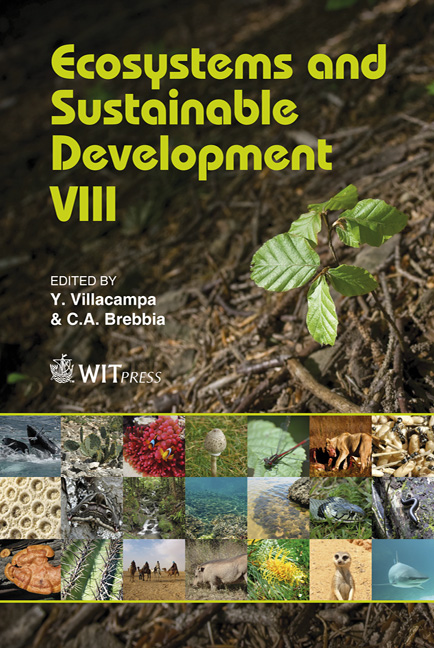Historical Contamination And Brownfield Management: What Does Economic Theory Say About It?
Price
Free (open access)
Transaction
Volume
144
Pages
11
Page Range
339 - 349
Published
2011
Size
2,547 kb
Paper DOI
10.2495/ECO110301
Copyright
WIT Press
Author(s)
S. Čiháková Aguilar, M. Černíková & M. Dubová
Abstract
Residuals from past industrial, mining or military activities might represent a variety of hazards for natural ecosystems. Depending on the location of such areas, environmental assessment will be needed in order to determine if the concentration of pollutants is above the acceptable levels and can become a clear threat for human health. Furthermore, it becomes important to notice that the quality of natural resources can be directly affected. The detriment of the quality of human health and natural resources can also be translated into worse living conditions for certain inhabitants. The redevelopment of contaminated areas where it is also difficult or impossible to identify the original polluters may incorporate an analytical background not just on legislative and technical issues. Economic theory has principles and paradigms that can explain different approaches towards the effective management of brownfields. The scope of this work is to describe how various schools of economics focus their study on environmental problems, specifically on brownfield redevelopment. After an introductory part with definitions and a general framework, the paper presents the ideas of environmental economics, free market environmentalism, institutional economics, and ecological economics. Each part is complemented by an overview of empirical research in the field of historical contamination. Keywords: historical contamination, brownfields, economic theory, free market environmentalism, ecological economics, environmental economics, institutional economics.
Keywords
historical contamination, brownfields, economic theory, free market environmentalism, ecological economics, environmental economics, institutional economics





